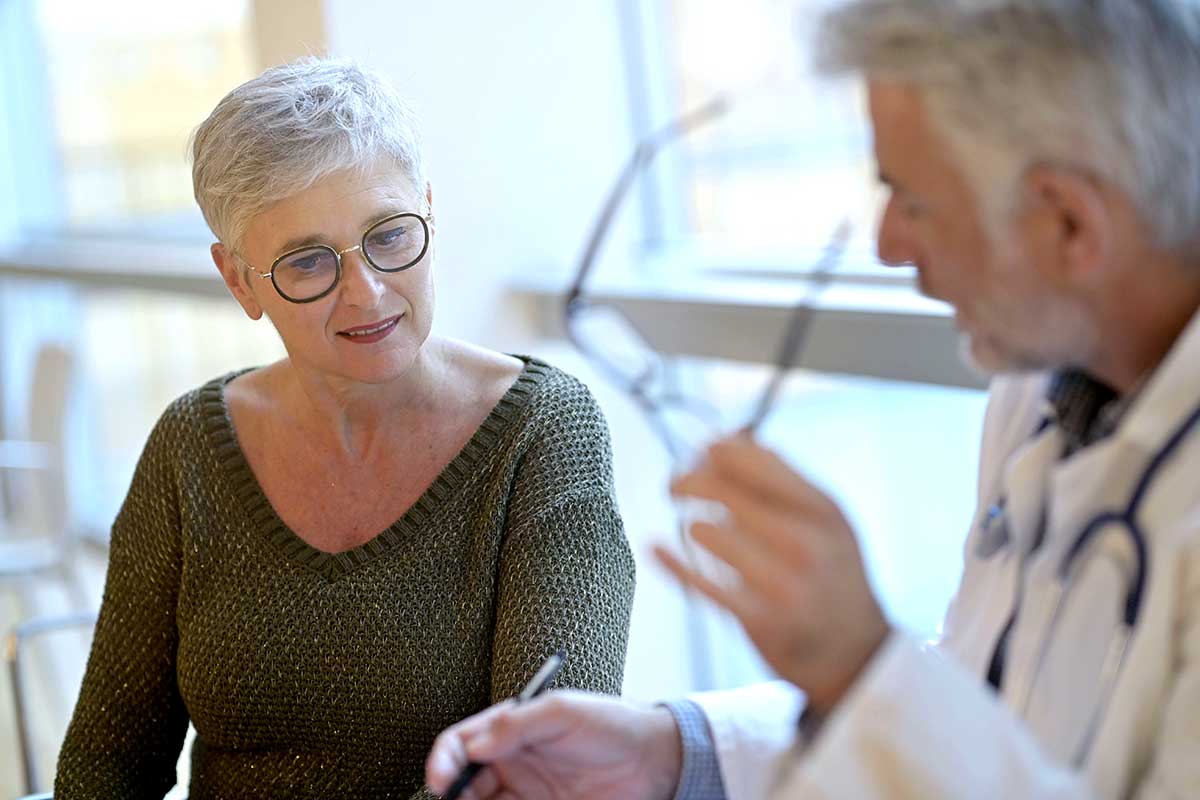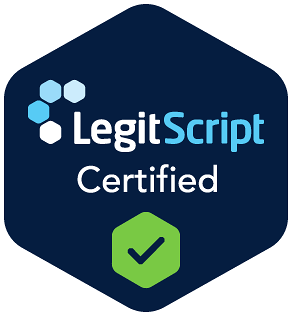How do you know if an addiction treatment center is right for you or a loved one? Your first step is to find a treatment facility run by a professional and caring staff dedicated to your recovery as much as you are. The facility you choose should offer outpatient and telehealth therapy options for more accessibility. That can give you the freedom you need to continue your life while working on your addiction recovery.
At Colorado Medication Assisted Recovery, our addiction treatment programs are tailored specifically to your personal needs. Treatment cannot be one-size-fits-all. Our medication-assisted treatment (MAT) programs can help you break free from addiction. We’ll help you reach a place of stability so you can develop the healthy coping skills you need for lifelong recovery. Call 833.448.0127 today to learn more about our treatment programs and how they can help you heal.
Finding the Right Addiction Treatment Center for You
Not all addiction recovery programs are the same. A residential or inpatient treatment facility is not the best option for those who can keep up their responsibilities at work or at home. Instead, many individuals benefit from outpatient care. This flexible treatment option is ideal for those who have a supportive living situation.
Additionally, the underlying causes that may have contributed to substance use issues are as unique as you are. Your addiction treatment center should create a treatment plan with that in mind.
Understanding Your Addiction Through Behavioral Therapy
From an early age, you might have watched our parents drink and have a good time with friends and family. It is no wonder that many individuals associate alcohol with fun before even taking the first sip. Addiction is a mental disease where individuals repeat a task like drinking or taking drugs and cannot stop, even when it begins to affect those around them negatively.
Behavioral therapy is the preferred method of treating addiction and other mental health diseases. It helps you get to the reason behind your addiction so you can better recognize your triggers and learn to avoid them.
What Is Medication-Assisted Treatment?
Medication-assisted treatment programs involve a combination of medication and behavioral therapy programs. This approach can help patients suffering through long-term withdrawal effects and remain functional while they seek treatment.
These drugs are administered alongside behavioral therapy programs to reduce the dependence on opioids to allow a gradual decline of withdrawal symptoms:
- Buprenorphine
- Suboxone
- Lucemyra
These medications can relieve withdrawal symptoms as well as curb cravings.
Benefits of Enrolling in an Addiction Treatment Center With Varying Treatment Options
Inpatient and residential treatment programs are not suitable for everyone. If you cannot take time off work, an outpatient or telehealth service can still give you the benefits of a residential program. At Colorado Medication Assisted Recovery, our behavioral therapy programs can help you root out the causes behind your addiction. The therapies we offer include:
- Cognitive-behavioral therapy (CBT)
- Dialectical behavior therapy (DBT)
- Individual and group therapy
- Family therapy
We offer our behavioral and medication-assisted programs through outpatient and telehealth services for those who need a more flexible addiction treatment program that fits their schedule without sacrificing their recovery efforts.
Learn More About Treatment at Colorado Medication Assisted Recovery
The stigma of addiction can cause many to avoid seeking the treatment they need to continue their recovery. If you or a loved one is struggling with addiction and are ready to seek the support needed to recover, reach out to Colorado Medication Assisted Recovery today.
Call 833.448.0127 today to see how a professional recovery program at Colorado Medication Assisted Recovery can help you or a loved one begin on the journey to lifelong sobriety. We can help you verify your insurance with us today.














